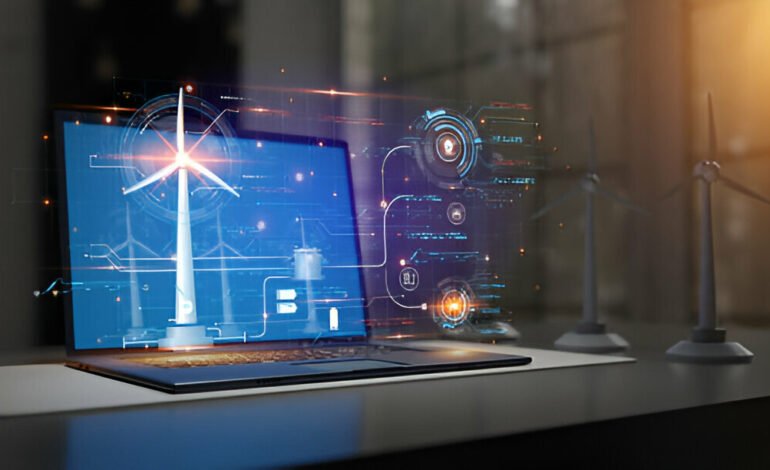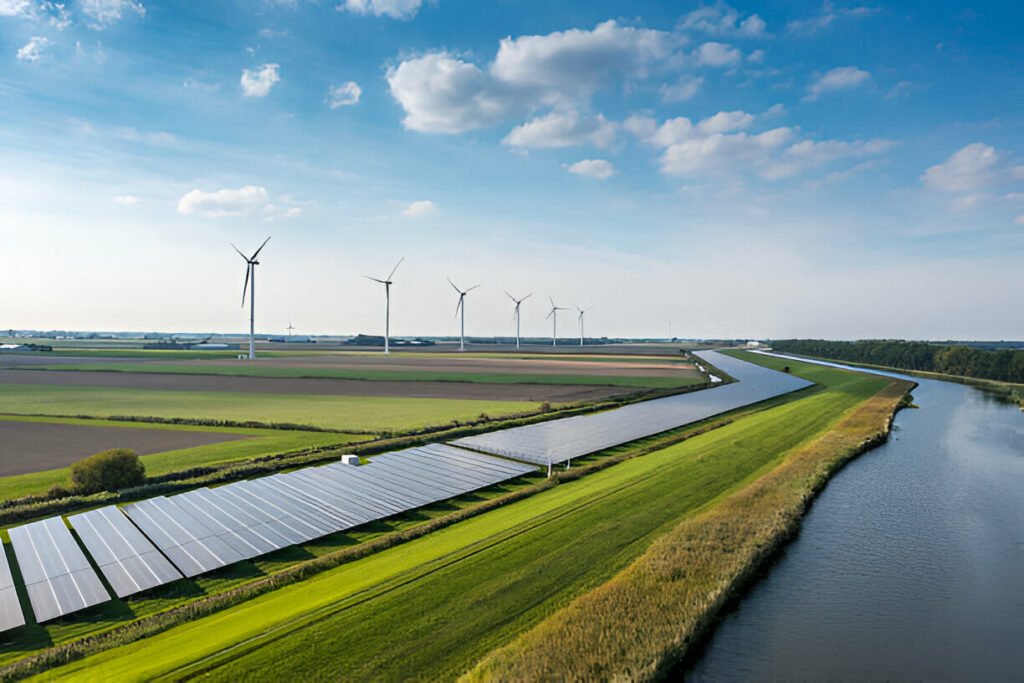
How EVs Store Renewable Energy to Power Cities
Electric vehicles (EVs) have become a symbol of innovation and sustainability in the modern world. But did you know that they hold the potential to power entire cities? Let’s dive into how EVs can store renewable energy and what this means for our future.
Imagine a world where your car isn’t just a vehicle but also a power source for your home or even your city. This is not a far-off dream but a potential reality thanks to the synergy between electric vehicles (EVs) and renewable energy. Let’s explore how EVs can store renewable energy and power entire cities, changing the way we think about energy and transportation.
The Concept of Renewable Energy
Renewable energy comes from sources that are naturally replenished, such as solar, wind, and hydro power. Unlike fossil fuels, renewable energy doesn’t run out and is much kinder to our planet. But there’s a catch: the sun doesn’t always shine, and the wind doesn’t always blow. This is where energy storage comes into play.
Electric Vehicles: Beyond Transportation
Most people see EVs as eco-friendly alternatives to gasoline cars. However, they are much more than that. EVs can serve as mobile energy storage units, storing electricity when it’s abundant and feeding it back to the grid when needed.

How EVs Store Energy
At the heart of every electric vehicle is a battery pack. These batteries are designed to store large amounts of electrical energy, which is used to power the vehicle’s motor. But these same batteries can also store renewable energy generated by solar panels or wind turbines, holding it until it’s needed.
Vehicle-to-Grid (V2G) Technology
Vehicle-to-Grid (V2G) technology allows energy to flow from the EV back to the grid. This means that during peak demand times, the stored energy in EVs can be used to supply electricity to homes and businesses. It’s like having thousands of tiny power plants on wheels.
The Role of Smart Grids
Smart grids are advanced electrical grids that use digital technology to monitor and manage the distribution of electricity. They are crucial in integrating renewable energy sources and EVs. By communicating with EVs, smart grids can optimize when and how much energy is stored or released, ensuring a stable and efficient energy supply.
Benefits of Using EVs for Energy Storage
Environmental Impact
Using EVs to store renewable energy can significantly reduce greenhouse gas emissions. It promotes the use of clean energy and reduces our reliance on fossil fuels.
Economic Benefits
This technology can lower electricity costs. By storing energy during low-demand periods and releasing it during peak times, we can balance supply and demand more effectively, reducing the need for expensive infrastructure.
Energy Independence
Communities can become more energy-independent, reducing vulnerability to external energy price fluctuations and supply disruptions.
Challenges and Solutions
Battery Life
Frequent charging and discharging can affect the lifespan of EV batteries. However, advancements in battery technology are improving their durability and efficiency.
Infrastructure
We need significant upgrades to our current grid infrastructure to fully utilize V2G technology. Investments in smart grid technology and charging stations are essential.
Regulatory Issues
Policies and regulations need to adapt to this new technology. Clear guidelines and incentives are necessary to encourage the adoption of V2G systems.
Real-World Applications
Several pilot projects around the world are already demonstrating the potential of using EVs for energy storage. For instance, in Denmark, EV owners are compensated for providing energy back to the grid. In California, EVs are being used to power homes during blackouts.
Future Prospects
The future looks bright for EVs and renewable energy. As technology advances and costs decrease, we can expect to see more widespread adoption. Imagine entire cities powered by the collective energy stored in millions of electric vehicles. This vision is becoming increasingly achievable.
Electric vehicles are more than just a means of transportation; they are a crucial component in the future of renewable energy. By storing and supplying clean energy, EVs can help power entire cities, making our world more sustainable and resilient.





